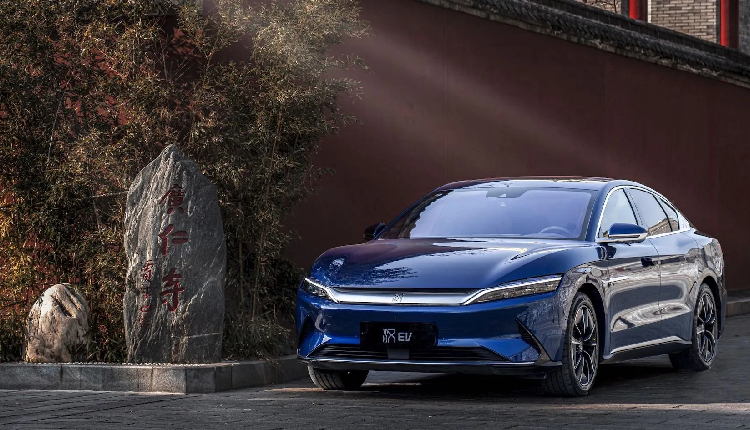China is pushing its top automakers to increase domestic chip sourcing by 2025 to build a self-reliant semiconductor supply chain for the world’s largest car market amid tensions with the US, the NIKKEI Asia reported on Thursday.
The Ministry of Industry and Information Technology is urging companies like SAIC Motor, BYD, Dongfeng Motor, GAC Motor and FAW Group to rise local chip procurement to 20-25 per cent by 2025, with plans to exceed this target in the future.
China currently produces only about 10 per cent of the automotive chips needed for its massive car industry, which sells over 30 million vehicles annually, representing roughly a third of global sales.
The government plans to incentivise domestic carmakers to adopt this policy through an award or credit system. The 20-25 per cent target encompasses both the number of chips per car and their share of the total procurement cost.
This push for domestic chip production coincides with the intensifying US-China tech war and the global race to develop electric and self-driving vehicles.
In January, China released guidelines for national automotive chip standards to bolster the domestic ecosystem for these crucial components.
The recent US move to impose tariffs on Chinese-made EVs and semiconductors further underscores the need for self-reliance.
However, most automotive chips don’t require cutting-edge production technology, potentially giving Chinese manufacturers a leg up despite US export controls.
The growing market size for automotive chips – projected to reach $84.3 billion by 2028 – further incentivses expansion in this sector.
Several Chinese automakers, like BYD, already produce some power-related chips domestically. Additionally, China aims to increase production of silicon carbide (SiC) chips, crucial for EVs, to capture a larger share of the automotive chip market.
China’s dominance in EVs, currently at 18 per cent of its total car sales, further strengthens its position. This figure dwarfs the US and Europe, highlighting China’s potential to become a major force in the automotive chip industry.


